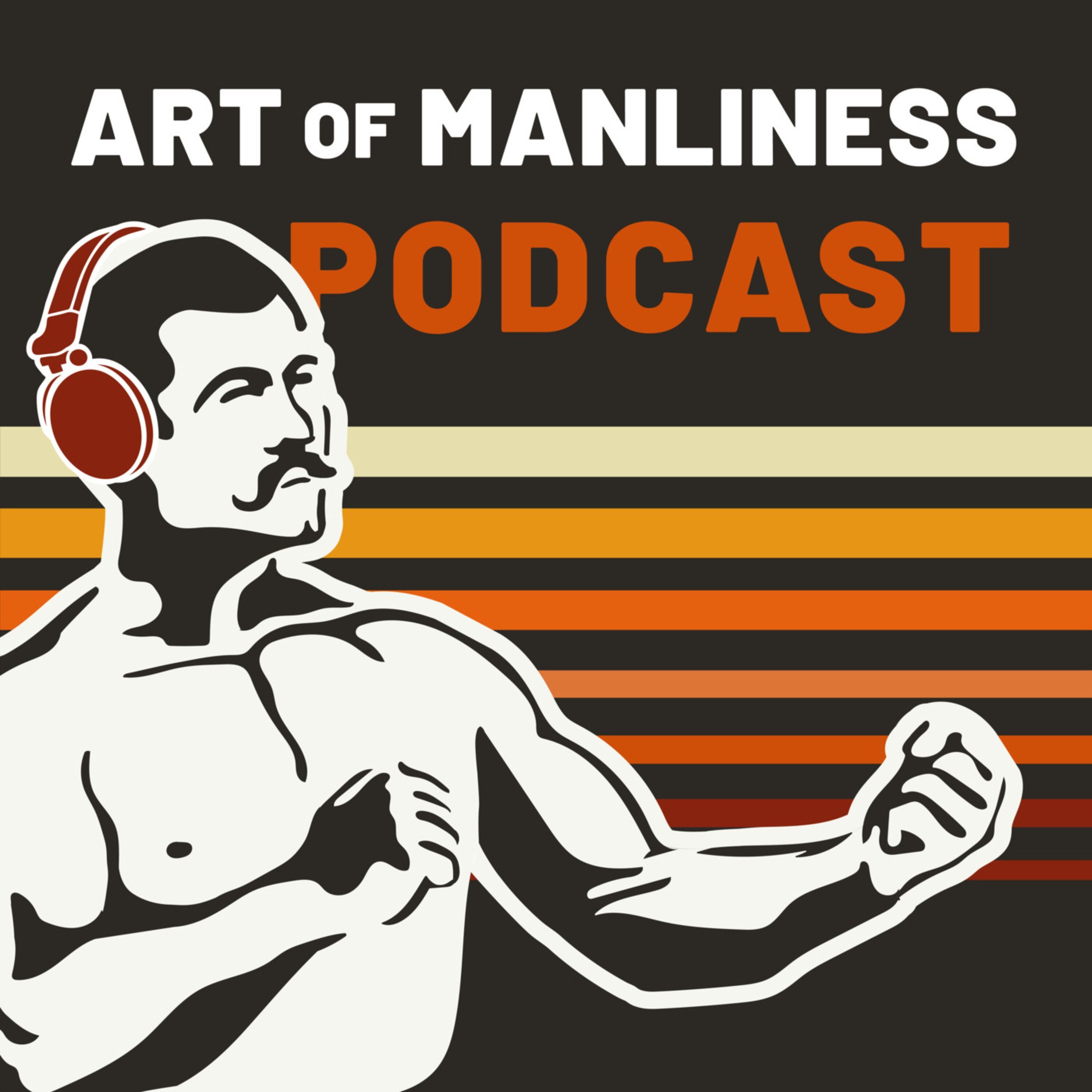Summary of Art Of Manliness Podcast Episode: Dr. BJ Fogg Reveals Game-Changing Tiny Habits on Art of Manliness
— Description —
Learn how to form new habits and break bad ones with this insightful content Discover the power of prompts in ingraining behaviors and the importance of starting small Find out why specific behaviors are more effective than focusing on outcomes
Explore the B=MAP formula for behavior change and how motivation, ability, and prompts work together Dont miss out on this valuable information to transform your habits and achieve your goals.

Dr. BJ Fogg Reveals Game-Changing Tiny Habits on Art of Manliness
Key Takeaways
-
Behaviors that are tied to prompts more readily become ingrained habits
- BJ, for instance, does a few push-ups every time he pees
- With whatever new habit you’re trying to form, start small
- Bad habits should be untangled, not broken
- When it comes to goals, specific behaviors > outcomes
-
B=MAP | Behavior happens when three things come together: Motivation, an ability, and a prompt
- These components compensate for each other: If there’s less motivation to do something, make it easier (thus, raising the ability); if the behavior is difficult (low ability), the motivation to do it must be high
Intro
-
Dr. BJ Fogg (@bjfogg) is the founder and director of Stanford’s Behavior Design Lab, as well as the author of Tiny Habits: The Small Changes That Change Everything
- Check out his website
- Host Brett McKay (@brettmckay)
The Secrets of Motivation
- Motivation is the driving force that energizes behavior
-
When setting a new goal, motivation is generally high, but no matter what, it tends to fall with time
- To hack this, make desired behavior changes easy to accomplish; for instance:
- Commit to flossing just one tooth
- Buy a Peleton bike so you don’t have to leave the house to workout
- Keep vegetables front and center in the fridge
- To hack this, make desired behavior changes easy to accomplish; for instance:
The Tiny Habits Method
- To start, break-up a desired behavior or outcome into small components (i.e., tiny habits)
-
“Golden Behaviors” have three characteristics:
- It’s a behavior you want to do
- It’s a behavior you can do
- It’s a behavior that will have impact and take you towards your goal
-
Behaviors that are tied to prompts more readily become ingrained habits
- Person prompts (self/internal reminders)
- Context prompts (i.e. Post-it note reminders)
- Action prompts (prompts tied to your existing routine)
- For instance, every time BJ pees, he does 2 push-ups
-
With whatever new habit you’re trying to form, start small
- i.e. Try flossing just one tooth after every brushing
- The idea: Keep the bar low; raising the bar sets you up to fail
The Fogg Model of Behavior: B=MAP
-
B=MAP | Behavior happens when three things come together: Motivation, an ability, and a prompt
- These components compensate for each other:
- If there’s less motivation to do something, make it easier (thus, raising the ability)
- If the behavior is difficult (low ability), the motivation to do it must be high
- These components compensate for each other:
Celebrate the Completion of Desired Habits
-
Why?
- Anything you do that fires off a positive emotion physically restructures the brain
- (Positive emotions create habits, not repetition!)
- Anything you do that fires off a positive emotion physically restructures the brain
-
How should you celebrate?
- Throw a fist pump, high five your wife, it doesn’t matter!
Tiny Habits Lead to Bigger Changes
-
There’s a ripple effect—as you achieve positive behavior change, other beneficial life changes naturally follow
- (Once you feel successful, the over-achiever feeling carries over to other areas and shifts your identity)
Bad Habits Should Be Untangled, Not Broken
- Breaking a habit implies it happens immediately
- Untangling a habit sets up a more realistic expectation—bad habits aren’t broken overnight
Additional Notes
-
When it comes to goals, specific behaviors > outcomes
- For instance, when trying to lose weight, make eating <2000 calories/day your goal, not “losing 10 pounds”